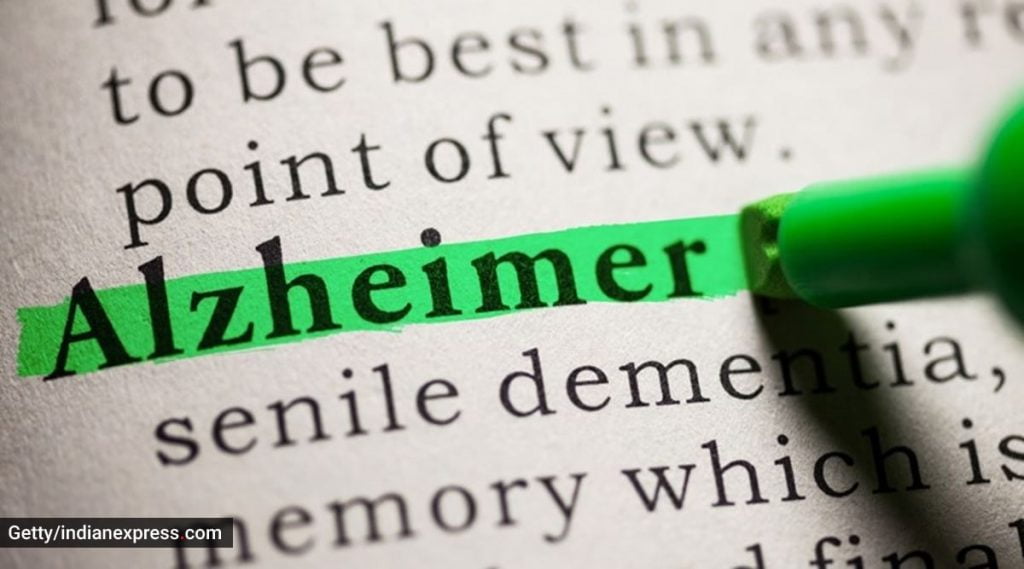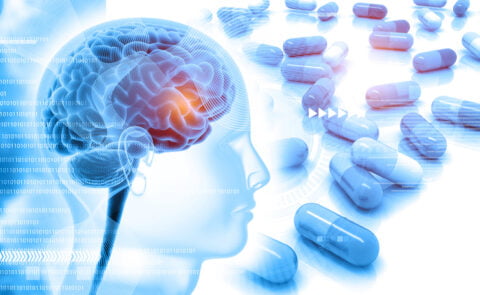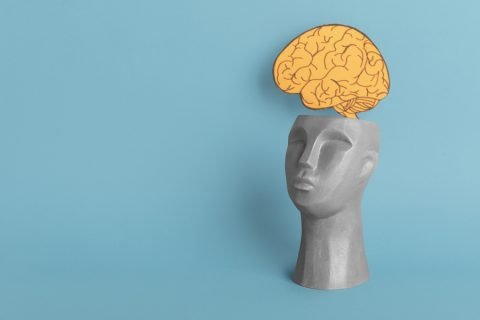Dementia and Alzheimer’s disease are often mentioned together in discussions about aging and cognitive decline. However, these terms are not interchangeable. Understanding the distinction between dementia and Alzheimer’s is crucial for individuals, caregivers, and healthcare professionals as they navigate the challenges of diagnosis, treatment, and daily management. This article aims to clarify these differences and provide valuable insights into recognizing, differentiating, and effectively managing these conditions.
Main differences between Dementia and Alzheimer’s
Dementia is an umbrella term used to describe a range of symptoms associated with a decline in memory, reasoning, and other thinking skills. Unlike dementia, which is a symptom complex, Alzheimer’s disease is a specific brain disease and the most common cause of dementia. It involves the destruction of brain cells, leading to severe cognitive decline and personality changes.
- Dementia includes symptoms that impact daily living through cognitive and behavioral impairments.
- Alzheimer’s Disease is a progressive brain disorder characterized by cell damage and significant functional decline.
Recognizing symptoms and diagnosis
Symptoms of Dementia:
- Varied memory loss impacting daily activities
- Difficulty with complex tasks
- Confusion with time or place
- Changes in mood, behavior, or judgment
Symptoms of Alzheimer’s include all the dementia symptoms plus:
- Progressive memory loss that disrupts daily life
- Difficulty in planning or solving problems
- Poor judgment and decision-making
- Withdrawal from work or social activities
Diagnosis involves:
- Detailed medical history
- Physical and neurological exams
- Brain imaging and memory tests to differentiate Alzheimer’s from other types of dementia
Exploring Alzheimer’s Progression
E
Alzheimer’s disease progresses through several stages, which can be broadly classified into:
- Preclinical (no signs yet detectable)
- Mild (mild cognitive impairment)
- Moderate (increasing cognitive decline)
- Severe (complete dependence on caregivers)
Each stage is marked by more severe impairments, including worsening memory loss, increased disorientation, significant difficulties with language and motor functions, and a greater need for assistance with daily activities.
Is all Dementia the same as Alzheimer’s?
Not all forms of dementia are Alzheimer’s disease. Other types of dementia include:
- Vascular Dementia: Caused by microscopic bleeding and blood vessel blockage in the brain, often after a stroke.
- Lewy Body Dementia: Marked by abnormal protein deposits in the brain.
- Frontotemporal Dementia: Involves damage to brain cells, especially in the frontal and temporal lobes.
Comparing Lewy Body Dementia and Alzheimer’s
Lewy Body Dementia (LBD) and Alzheimer’s share many symptoms but have key differences. LBD patients often experience severe sleep disturbances, visual hallucinations, and muscle rigidity, which are less prominent in Alzheimer’s. Each condition requires unique treatment approaches and management strategies.
Treatment approaches for Alzheimer’s and Dementia
Treatment for Alzheimer’s and other dementias focuses on symptom management, as there are currently no cures.
Approaches include:
- Medications to help manage memory loss, behavior changes, and sleep problems.
- Therapeutic strategies such as cognitive therapy and modifications to the living environment to improve safety and promote independence as long as possible.
Understanding Forgetfulness vs. Dementia
Forgetfulness can be a normal part of aging and doesn’t always signify dementia. Distinguishing between them involves recognizing when memory loss becomes pervasive enough to disrupt daily life, which is characteristic of dementia.
Types of Dementia and Alzheimer’s
Alzheimer’s is just one type of dementia, though it accounts for 60-80% of cases. Other types, such as vascular dementia and mixed dementia, involve different underlying causes and affect cognitive functions in varied ways.
Early warning signs of Dementia
Early signs of dementia include:
- Short-term memory changes
- Trouble finding the right words
- Changes in mood or behavior
- Apathy and withdrawal
- Difficulty following storylines
Progression from Dementia to Alzheimer’s
Dementia does not necessarily progress to Alzheimer’s as they are distinct conditions. However, someone diagnosed with a type of dementia like Alzheimer’s will experience increasing symptoms as the disease progresses through its stages.
Handling Dementia Care
Caring for someone with dementia requires:
- Patience and understanding
- Establishing a safe environment
- Keeping a consistent routine
- Engaging in activities that can help maintain their abilities
Factors contributing to Dementia worsening
Factors that can exacerbate dementia symptoms include:
- Poor physical health
- Medications that interfere with cognitive functions
- Inadequate nutrition
- Social isolation and lack of mental stimulation
The three golden rules of Dementia
- Communication: Keep language simple and straightforward.
- Safety: Modify the environment to prevent falls and accidents.
- Engagement: Encourage activities that stimulate the mind and body.
Sleep patterns in Dementia patients
Dementia can significantly disrupt sleep patterns, leading to problems like insomnia or excessive daytime sleepiness. Managing these issues is critical for maintaining health and quality of life.
Awareness of confusion in Dementia patients
Some individuals with dementia are aware of their cognitive deficits, which can lead to frustration and sadness. Others may lack insight into their condition, which can influence care strategies.
Hereditary factors and lifestyle implications
While genetics play a role in developing dementia, lifestyle factors such as diet, exercise, and cognitive engagement are crucial for prevention and management.
Demographics and Dementia risk
Age is the most significant risk factor for dementia, particularly Alzheimer’s disease. Other demographics, including gender and ethnicity, also influence risk levels and disease prevalence.
Memory loss patterns in Alzheimer’s
Alzheimer’s typically begins with short-term memory loss. As the disease progresses, long-term memories also fade, and in the late stages, individuals may lose the ability to recall fundamental details of their life histories.
Frequently Asked Questions
What are the main differences between dementia and Alzheimer’s?
Dementia is a broad term used to describe symptoms of cognitive decline like impaired thinking and memory loss. Alzheimer’s disease is the most common cause of dementia and specifically involves the progressive degeneration of brain cells leading to severe cognitive and behavioral changes.
How can someone tell if they have dementia or Alzheimer’s?
Diagnosis involves a medical evaluation that includes cognitive and memory tests, brain imaging to detect Alzheimer’s-specific changes, and a physical examination to rule out other causes of dementia symptoms.
What are the 7 stages of Alzheimer’s disease?
The seven stages range from stage 1 (no impairment) to stage 7 (very severe decline), where early stages show no symptoms but later stages involve severe memory loss, inability to respond to the environment, and loss of bodily functions.
Is Lewy body dementia worse than Alzheimer’s?
Both conditions present unique challenges; Lewy body dementia often progresses more rapidly and includes symptoms like severe fluctuations in cognitive abilities, physical rigidity, and hallucinations, which are less pronounced in Alzheimer’s.
What is the difference between forgetfulness and dementia?
Forgetfulness is often a benign aspect of aging and involves occasionally misplacing things or forgetting details, which can later be recalled. Dementia involves more significant memory loss and is characterized by persistent, disabling decline in multiple cognitive abilities.
How does the body warn you that dementia is starting?
Early warning signs include increased forgetfulness, confusion with time or place, difficulty handling complex tasks, noticeable changes in mood or behavior, and a withdrawal from social activities.
Does dementia turn into Alzheimer’s?
Not all dementia progresses to Alzheimer’s disease. While Alzheimer’s is a primary cause of dementia, other types include vascular dementia, Lewy body dementia, and frontotemporal dementia.
What are early symptoms of dementia?
Early symptoms include subtle short-term memory changes, difficulty finding words, mood swings, apathy, and trouble completing familiar tasks.
Do people with dementia sleep a lot?
People with advanced dementia often experience changes in their sleep patterns, including increased sleep during the day and disrupted sleep at night.
Is dementia hereditary?
Certain types of dementia, including Alzheimer’s disease, have a genetic component, which can increase the risk but is not the sole cause of the disease. Lifestyle and environmental factors also play critical roles in its development.




